The best way to support the farmers is to buy traditional organic food.
For more than two decades, Nature Bio Foods (NBF) has been producing and supplying region specific rice varieties. We have come a long way facing all the challenges, learning out of past experiences and finding suitable solutions for the sustainable agriculture today. Our desire is to increase the acres under traditional, climate friendly, healthy rice varieties and to reintroduce traditional rice into more homes. We are proud to offer you the different varieties of rice from the Brahmaputra valley of Assam. They are organic, heritage and non-hybrid.
Known to be a pioneer in Organic business in India, NBF is working with over 9000 farmers with an organic area of 15598 Ha in Brahmaputra valley of Assam state to get the indigenous varieties of rice a “gift of nature’ in true sense.
Assam is traditionally a rice-growing area, and the variation in micro-climate across the state has resulted in the evolution of a large number of indigenous rice varieties. While farmers have been gradually shifting from the low-yielding indigenous varieties to high-yielding ones, several traditional varieties are still popular because of their taste, adaptability to the vagaries of nature and immunity to certain diseases. These Indigenous varieties are disease-resistant and acclimatized to the climatic conditions and some of them even have capability of thriving in submerged condition. Traditional methods of rice cultivation are still prevailing in our projects of Assam.
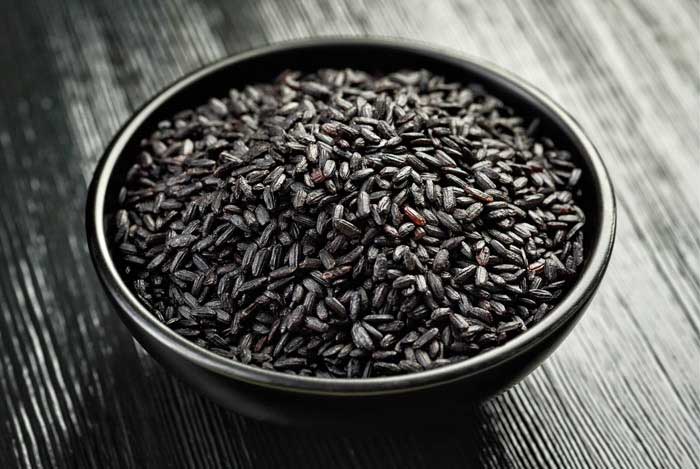
Organic Superfood (Black Rice):
- 100% Certified Organic
- Whole grain and heart healthy
- High in manganese, magnesium, molybdenum and phosphorus
- Good source of protein, fiber and complex carbohydrates
- Non-GMO
Our one of most popular rice is fabled to enrich health and ensure longevity. For long, the nutritional value of this wild rice eluded the commoner & nothing to beat black rice. We believe, adding NBF superfood rice to your diet will improve the nutritional quality even more. The texture of our black rice is a bit heavier as compared to other varieties of rice but its natural flavour is rich and sweet. It has a pleasant, nutty flavour, best enjoyed with coconut milk and in sweetened desserts, particularly rice puddings.
Black rice is now taking a place on the world stage as a superfood with novel and highly beneficial attributes. It has been grown since 140 BC. Its name comes from dark color when raw, which becomes a deep purple when cooked. The Major benefits of Black rice are that it contains diseases fighting antioxidants and fiber which helps the body to prevent the diseases like obesity, diabetes, heart diseases. It also helps in fighting cancer disease as well. Black rice is grown organically for us on hundreds of small family farms in the regions of Assam State.
Bao Paddy (Red Rice):
Bao dhaan, an organic and indigenous rice paddy is an integral part of Assam’s food habits popularly known as red-rice or deep water paddy, as it is cultivated on low ,swampy lands and flood prone areas of our project. Bao rice is rich in iron, protein, vitamins and other nutrients. This variety of paddy has unique tolerance to stress, which is not possible for any other paddy variety. The seedlings can withstand drought-like conditions. During May-September, which is the rainy season (flood season in Assam), this paddy shows the unique ability to grow rapidly with the rising water level. The rice having a high content of iron, protein, vitamins, magnesium, phosphorus, selenium, thiamine, niacin, manganese and is high in fibre.
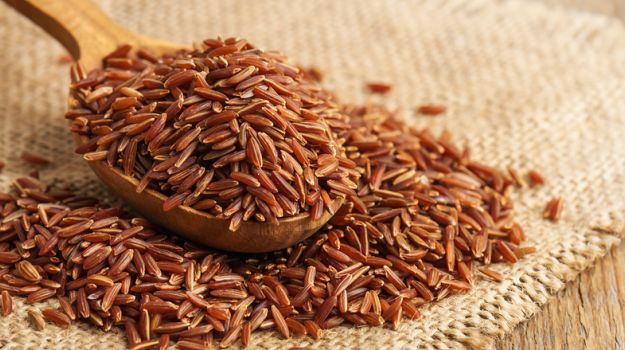
It was Prof Handique’s research team who for the first time studied and reported the presence of Anthocyanin in ‘red rice’ from Assam as early as 2008. The study, published in India Journal of Plant Physiology, was widely acclaimed by the scientific community associated with rice research.
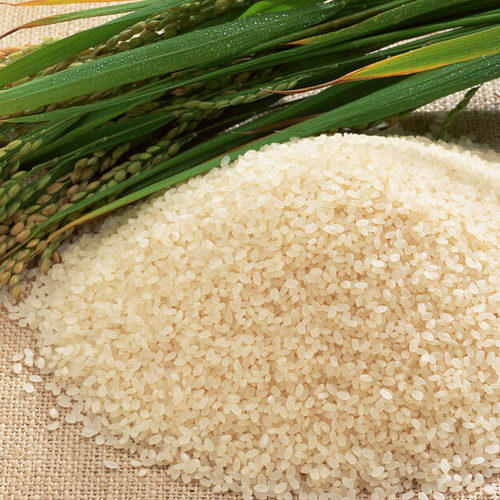
Joha Paddy (Aromatic Rice):
Relish the great taste and health benefits of NBF Organic JOHA Rice.
Joha rice also known as Aromatic rice is a unique gift of nature to Assam, cultivated only in the Brahmaputra valley. It is an indigenous aromatic rice of Assam possess good anti-oxidant activities. It is known for it’s sweet aroma, superfine kernels, good cooking quality and excellent palatability & taste. The uniqueness of this rice is mainly attributed to particular climatic conditions prevalent in the area, together with varietal characteristics and system of rice cultivation, adding to the best expression of aroma and flavour in the product.
- Joha rice in our project are short to medium slender/ bold grain unlike Basmati rice which are long slender grains.
- This indigenous cultivars cook non sticky and tasty and gives higher return.
- The elongation ratio of joha rice 1.4 times.
- Aroma of Joha rice is high as Basmati
- There are a number of Joha cultivars like Kolajoha, Krishnajoha, Kunkunijoha, Ramphaljoha and Gobindbhog are important and widely grown cultivars in the state.
Bora Paddy (Sticky Rice/ Glutinous Rice):
Amongst a rich variety of waxy rice in Assam & from our basket, Bora Saul as it is locally known, is considered to be very soft in cooking consistency.
A. It is a breakfast cereal used for preparation of kheers and different Assamese breakfast delicacies of Jalpans.
B. High class rice beers are produced from this cultivars.
C. The grains of Bora rice are opaque and cooks sticky due to presence of a chemical constituent called amylopectin. It has trace of amylase.
D. They cook very easily and can be preserved for long time.
Vital Points :
- Many cultivars in deep water (bao) situation (100cm water depth) possess red endosperm conferred by anthocyanin pigments.
- Bao along with Ahu and hill rice’s are invariably grown organically
- Substantial rice growing areas are Dhemaji, Lakhimpur, Sibsagar districts and Majuli river island as they are very low lying where no other rice except bao (deepwater and floating) can be grown.
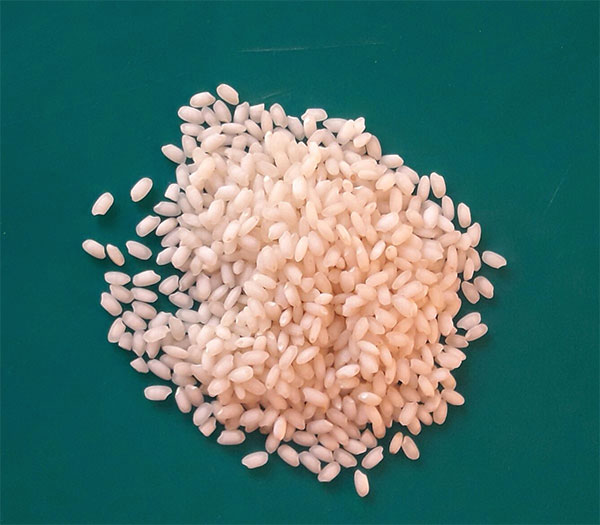
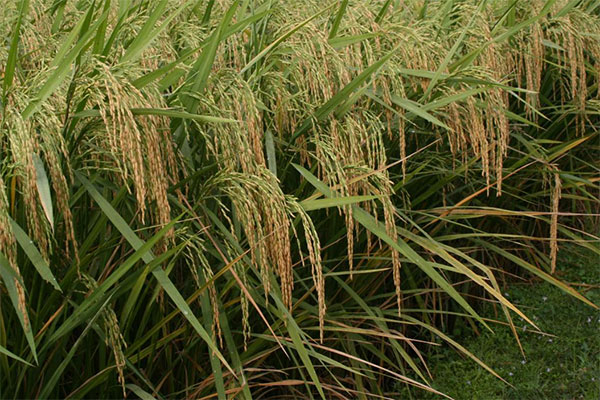
Ahu Rice:
Direct-seeded upland rice is an important system of rice culture occupying almost 22% of the total rice area in India. In Assam, this crop is locally known as ahu rice (Mar/Apr-Jun/July). Assam farmers prefer this crop because this period is characterized by low rainfall, clear skies, and low frequency of floods. Many cultivars in direct seeded ahu rice (upland and hill rice) possess red endosperm conferred by anthocyanin pigments.
Photoperiod insensitive, early maturing usually broadcast, grown under variable water depth (0-25cm). In Barak valley, ahu rice is further classified as Dumai, Murali and Chengri. Direct seeded ahu and sali rice is grown under rainfed condition while transplanted ahu and boro crop are grown in fields with irrigation facilities.
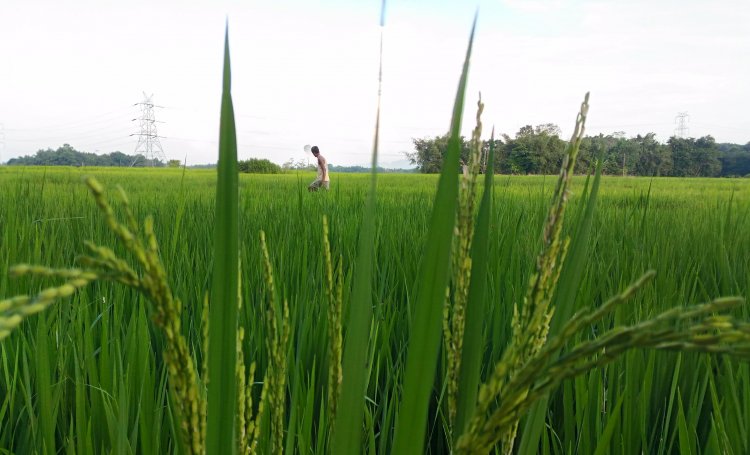
100% Naturally Grown
All indigenous varieties of rice are 100% Naturally Grown from our Certified Organic Farms.
We believe our model for conserving traditional rice varieties through crop diversity management in the Assam provinces is a breakthrough that is popular with farmers, good for agro ecosystems, and promising for future utilizing traditional varieties.
